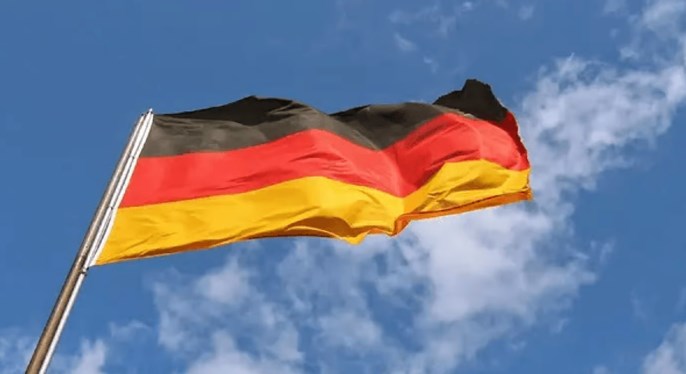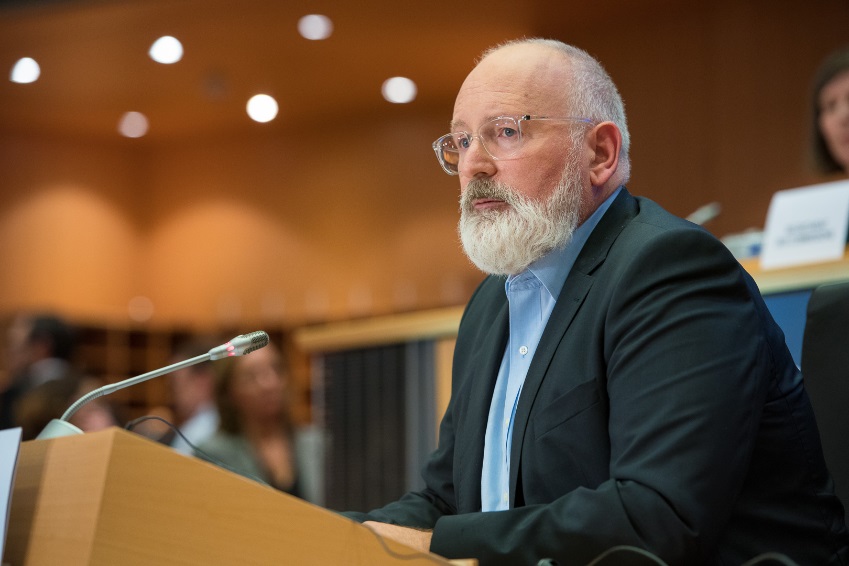

Germany has pledged to cut its carbon dioxide (CO2) emissions by 65% by 2030 and phase out coal by 2038 ‘if not earlier’.

The commitments were made as part of the €2.5bn Territorial Just Transition programmes which aim to help four key regions – North Rhine-Westphalia, Brandenburg, Saxony and Saxony Anhalt – transition to climate neutrality.

Frans Timmermans, Executive Vice-President for the European Green Deal, said Germany’s commitment to reduce CO2 emissions by 65% this decade puts the country ahead of European targets.
He said, “To meet the equally ambitious target of climate neutrality in 2045, a successful phase-out of coal will be important. The Green Deal is built on the premise of proving it’s possible to a socially sustainable climate transition. With support from the Just Transition Fund, Germany can make sure everyone gets to benefit from a green and healthy future.”
Elisa Ferreira, Commissioner for Cohesion and Reforms, said the Just Transition Fund will help the German regions most impacted by the green transition to move away from coal, supporting the reskilling of people and businesses, diversification of the economy, investing in sustainable mobility, digitisation and energy efficiency. .
North Rhine-Westphalia will receive €680m. The Northern part of the Ruhr area, the former so called ‘coal pot’ of Europe will move from a coal-based industry to an industry based on renewable energy.
Investments will focus on restoring the land of lignite mines and creating new small and medium businesses (SMEs) and start-ups in the green sectors like resource efficiency, circular economy, bio-based alternative raw materials, but also land rehabilitation.
Brandenburg will receive €785m to diversify its economy and move away from a lignite and petrol-based economy. Investments will be made especially in the LausitzerRevier by supporting innovative SMEs in the green sectors like bio-based materials, resource efficiency and circular economy and the establishment of a hydrogen plant as alternative to the local lignite-based production.
In Schwedt, in the sparsely populated Uckermark, where the Germany’s fourth largest oil refinery is located, the JTF will invest in renewable district heating, in an innovation campus and in job training.
New job opportunities in the green sectors will ensure the employment of lignite workers and skilled young people remain to work in the region.
In Saxony, €645m will be invested in the LausitzerRevier, the MitteldeutscheRevier and of the city of Chemnitz, dependent on a lignite mining and energy production with lignite.
The EU funds will support innovation and the uptake of technologies, mainly focused on renewable energy and circular economy. Raw materials such as gypsum, derived from coal-fired power plants, will be replaced by green, hydrogen-based solutions.
In Saxony-Anhalt, €364m will support the greening and phasing out of lignite from of the MitteldeutschesRevier. The JTF will also support the cleaning-up and renovation of mining sites in a sustainable manner, but also the creation of a new hydrogen infrastructure and of green start-ups and SMEs.
These projects will create new jobs in the green sectors, like bio-based materials, green hydrogen for industry, and the circular economy.